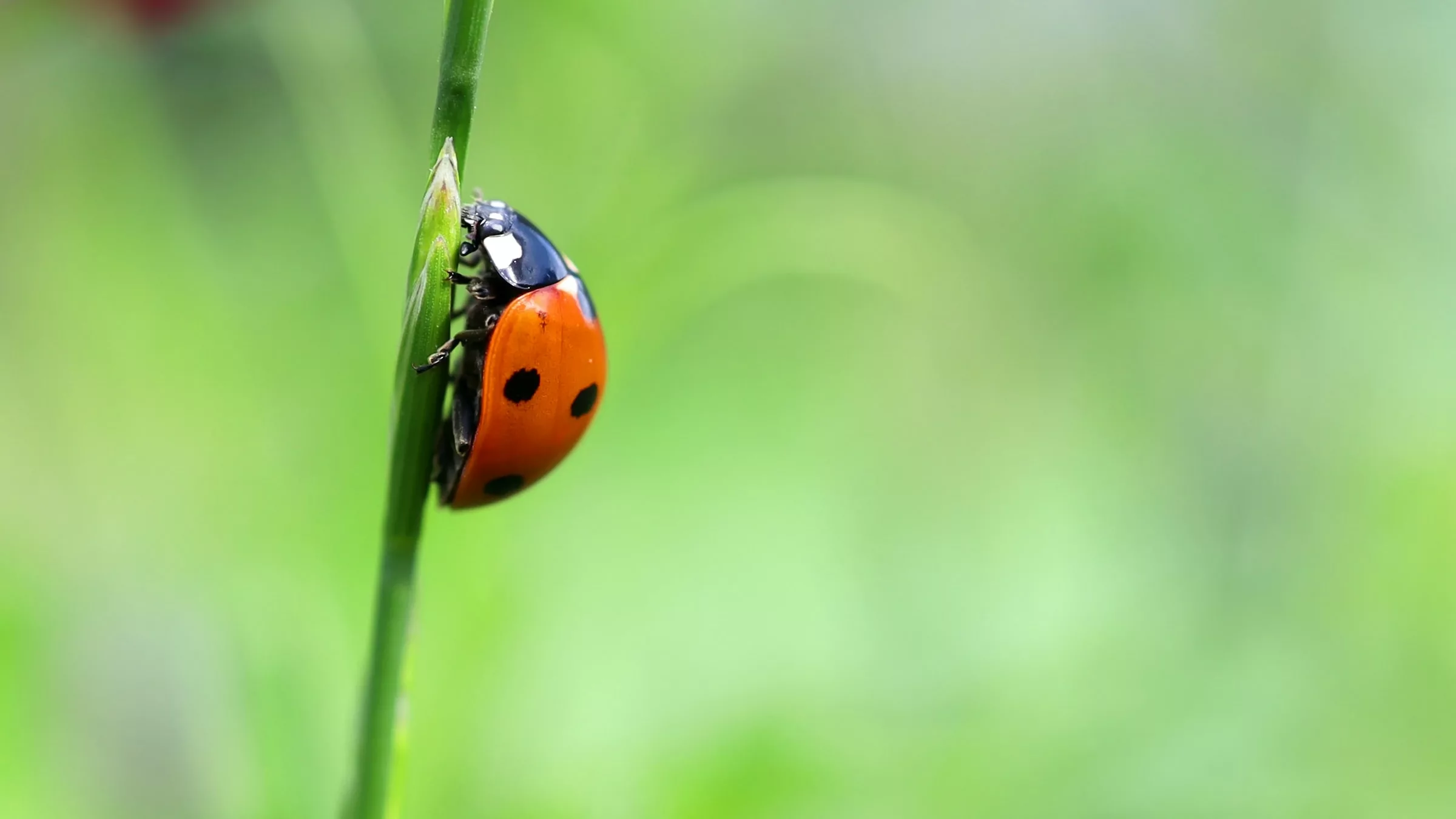Did you know that there are armies of beneficial insects and organisms ready to help keep your garden pest-free? Biological control, a method of pest management using natural predators, is an eco-friendly approach to maintaining a healthy garden. By working with nature, you can create a balanced and thriving ecosystem that is both enjoyable to cultivate and kind to the environment.
In this article, we’ll introduce you to some of the most common natural predators and provide tips on how to attract them into your garden.
Natural Predators and Their Role in Pest Control
- Ladybugs: These friendly insects feed on common garden pests such as aphids, mites, and small insects. Ladybugs can be attracted to your garden by planting flowers like marigolds, daisies, and yarrow. You can also purchase and release them directly into your garden.
- Lacewings: Lacewings are valuable allies as they feed on aphids, mites, small caterpillars, and insect eggs. Planting dill, coriander, or fennel can help draw lacewings to your garden, as well as providing a rich habitat for them to thrive.
- Predatory Mites: These minute creatures consume spider mites – tiny pests that can cause significant damage to your plants. While predatory mites can be purchased and released into your garden, you can encourage their presence by minimizing the use of chemical pesticides and providing habitats such as leaf litter or mulch.
- Parasitic Wasps: Many parasitic wasp species lay their eggs inside or on top of their host pests, which helps control garden pests such as caterpillars and beetle larvae. Planting a variety of flowers, including dill, yarrow, and marigolds, can attract parasitic wasps to your garden.
- Birds: Various bird species can help control insect populations in your garden. By providing birdhouses, feeders, and a water source, you can attract these natural predators to your garden to help keep pests in check.
Tips for Encouraging Natural Predators into Your Garden
- Plant Diversity: Aim for a good mix of flowering plants, herbs, and ground cover in your garden, which will create a habitat that supports various beneficial insects.
- Avoid Chemical Pesticides: Whenever possible, refrain from using chemical pesticides, as they can harm beneficial insects alongside the targeted pests.
- Add Water Sources: Providing a water source such as a birdbath or a small pond can attract beneficial insects and other natural predators.
- Promote Pollinators: By attracting pollinators like bees and butterflies, you’re also creating a thriving ecosystem that supports beneficial predatory insects.
By harnessing the power of nature through biological control, you can keep your garden’s pest population under control, promoting a balanced and healthy environment. This natural approach will make your gardening experience more enjoyable and rewarding, allowing you to breathe easy knowing that your plants are in harmony with their surroundings.
Join Our Gardening Newsletter for More Tips
If you enjoyed reading this, don’t hesitate to subscribe to our newsletter for a wealth of gardening knowledge and insights. Stay up-to-date on the latest gardening trends, tips, and know-how, and make your green thumb even greener.



